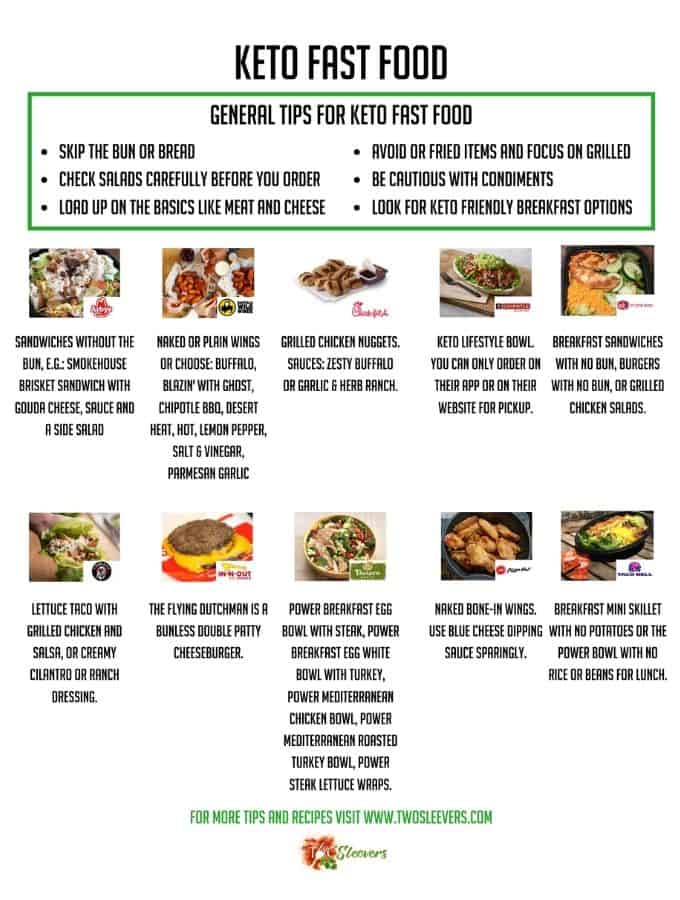Effective Ways to Use the Ketogenic Diet for Cancer Treatment in 2025
The ketogenic diet, characterized by high-fat and low-carbohydrate intake, is garnering attention in cancer treatment due to its potential to alter cancer cell metabolism. In 2025, as cancer research evolves, the ketogenic approach is becoming increasingly integrated into therapeutic protocols, offering new avenues for patients seeking holistic care. This article delves into how the ketogenic diet can serve as an effective adjunct treatment for cancer through mechanisms such as reducing glucose availability, which is critical for many cancer cells, and strengthening the overall health of patients.
The benefits of a ketogenic cancer therapy encompass various aspects, including potentially reducing tumor size and improving patient quality of life. By embracing a low-carb, high-fat diet, individuals can provide their bodies with a new energy source—ketones—while minimizing insulin spikes that could fuel tumor growth. Throughout this article, we will explore specific strategies for implementing the ketogenic diet as part of cancer treatment, emphasizing the importance of tailored meal planning, patient support, and the latest research insights.
Understanding the Relationship Between Ketosis and Cancer
Building a foundation in the relationship between ketosis and cancer reveals why a ketogenic diet may be beneficial for cancer patients. Ketosis occurs when the body, lacking glucose from carbohydrates, starts breaking down fat into ketones to use for energy. Cancer cells primarily rely on glucose for growth, which means creating a low-glucose environment could impact their metabolism significantly.
The Science of Cancer Cell Metabolism
Cancer cell metabolism is marked by abnormal glucose utilization, often referred to as the Warburg effect. This is where cancer cells prefer to ferment glucose for energy rather than using oxidative phosphorylation, even in the presence of oxygen. Hence, a ketogenic diet, which lowers glucose intake, may impose a metabolic stress on these cells, thereby restricting their growth and survival. Research indicates that switching to a fat-based diet can hamper the energy supply for tumors, resulting in reduced tumor size and improved treatment outcomes.
Insulin, Glucose, and Cancer Growth
Insulin serves a dual role in the body, regulating both glucose metabolism and stimulating cell growth. Elevated insulin levels, often resulting from high-carbohydrate diets, can promote cancer growth. With the ketogenic diet's ability to lower insulin levels due to reduced carbohydrate intake, this metabolic shift could have profound implications for managing and preventing cancer. Maintaining low insulin levels through a ketogenic approach may not only hinder cancer cell proliferation but also enhance the effectiveness of conventional therapies.
Dietary Fats and Their Role in Cancer Treatment
Dietary fats are often misconceived as detrimental health components; however, healthy fats can contribute positively to cancer treatment. Omega-3 fatty acids, commonly found in fatty fish and certain plant-based oils, possess anti-inflammatory properties that have been linked to reduced cancer progression. Including these good fats in a ketogenic meal plan can foster overall health and support the body during treatment, promoting better energy levels and quality of life.
Creating a Ketogenic Meal Plan for Cancer Patients
With these basics established, let's focus on how to create a tailored ketogenic meal plan that aligns with the specific needs of cancer patients. A well-structured ketogenic diet emphasizes not just fat intake, but also the inclusion of nutrient-dense foods that support the healing process and enhance nutritional quality.
Essential Foods in a Ketogenic Cancer Diet
A variety of foods can fit into a ketogenic plan geared for cancer support. Healthy fats, such as avocados, nuts, and olive oil, should be the cornerstone of meals. Additionally, lower-carb vegetables like leafy greens and cruciferous types (broccoli, cauliflower) provide vital vitamins without contributing to high glucose levels. Anti-inflammatory foods, such as turmeric and ginger, can be added to meals and are particularly beneficial in reducing cancer symptoms.
Practical Cooking Techniques and Meal Prepping
Meal prepping is crucial for maintaining dietary adherence. Preparing meals ahead of time helps cancer patients control their food intake and resist reliance on high-carb convenience foods. Techniques like batch cooking can make it easier to maintain a ketogenic lifestyle. Simple recipes that involve roasting vegetables, grilling proteins, or making smoothies with healthy fats can make adherence enjoyable and sustainable.
Hydration and Nutritional Support
Maintaining hydration is vital for cancer patients on a ketogenic diet. Incorporating mineral water or electrolyte-rich drinks ensures that the body remains hydrated, which is essential for optimal bodily function, particularly under the stress of treatment. Additionally, supplements might be necessary to fill nutrient gaps, particularly if patients are experiencing difficulties with appetite and digestion during their treatment.
Implementing Ketogenic Protocols to Enhance Cancer Management
This naturally leads us to the practical implementation of ketogenic protocols for cancer management. To maximize the benefits of a ketogenic diet, patients should collaborate with healthcare professionals who specialize in nutritional oncology. This ensures dietary adjustments align with their overall treatment plan.
Therapeutic Diet Adjustments During Treatment
The ketogenic diet needs to be flexible and adjusted based on the patient's treatment cycle and side effects. For instance, patients undergoing chemotherapy might require slightly higher carbohydrate intake on low-energy days to mitigate treatment-related fatigue. Tailoring dietary strategies to the individual's treatment phase can significantly improve symptom management and patient comfort, fostering better adherence.
Community Support and Cancer Nutritional Education
Participating in community support networks can bolster adherence to a ketogenic diet. Programs that share knowledge about cancer-friendly recipes, meal prepping tips, and cooking classes for cancer patients can foster a supportive environment. Community resources can provide ongoing motivation and education, encouraging healthy dietary habits among cancer patients.
Monitoring Progress and Adaptations
Monitoring dietary adherence and progress is fundamental in exploiting the ketogenic diet's full potential. Regular check-ins with dietitians or healthcare providers can help patients assess the diet's impact on their well-being and treatment response. Adapting the diet based on individual experiences allows for personalized care, maximizing both the therapeutic effects and overall health improvement.

Key Considerations and Pitfalls in a Ketogenic Cancer Diet
Taking this concept further, it is essential to address key considerations and potential pitfalls when implementing a ketogenic diet for cancer treatment. Ensuring that patients are well-informed about their dietary options is crucial in avoiding common mistakes that could undermine the benefits of this diet.
Common Mistakes to Avoid
One common pitfall is neglecting the overall quality of dietary fat sources. Patients should prioritize healthy fat sources rather than relying on processed or unhealthy fats, which could introduce inflammatory compounds. Additionally, maintaining a balanced intake of micronutrients is essential to support immune health, especially when the body is under treatment stress. Inadequate fiber intake can also lead to digestive issues and affect overall health, so including fibrous vegetables is vital in a ketogenic meal plan.
The Importance of Individualization
Each cancer patient's needs are unique, and thus approaches to a ketogenic diet must be individualized. Factors such as type of cancer, treatment stage, and personal dietary preferences must be considered. Engaging healthcare professionals who understand the nuances of the ketogenic lifestyle can help create tailored plans that meet individual requirements, enhancing efficacy and sustainability.
Research and Future Perspectives on Ketogenic Diets and Cancer
Continuing research in the ketogenic diet and cancer therapy presents exciting possibilities for the future. Studies are emerging that indicate the ketogenic diet may not only aid in recovery but improve overall survivorship rates. As understanding evolves of the interplay between diet and cancer biology, we may see more structured guidelines forming around ketogenic protocols, ultimately leading to better patient outcomes.

Conclusion: A Holistic Approach to Cancer Care
In conclusion, adopting a ketogenic diet as part of a comprehensive cancer treatment plan can provide significant benefits, from reducing tumor size to improving quality of life for patients. By utilizing ketogenic nutrition as a form of metabolic therapy, individuals can explore alternative cancer therapies that empower them in their treatment journey. Emphasizing community support, personalized dietary approaches, and ongoing research ensures that patients receive the most effective care possible, enhancing their resilience against cancer.
Incorporating a ketogenic lifestyle is more than just a diet; it’s a commitment to improving one's wellbeing in the face of cancer. As patients and healthcare providers work together, the potential for the ketogenic diet to impact cancer treatment positively will continue to expand.
